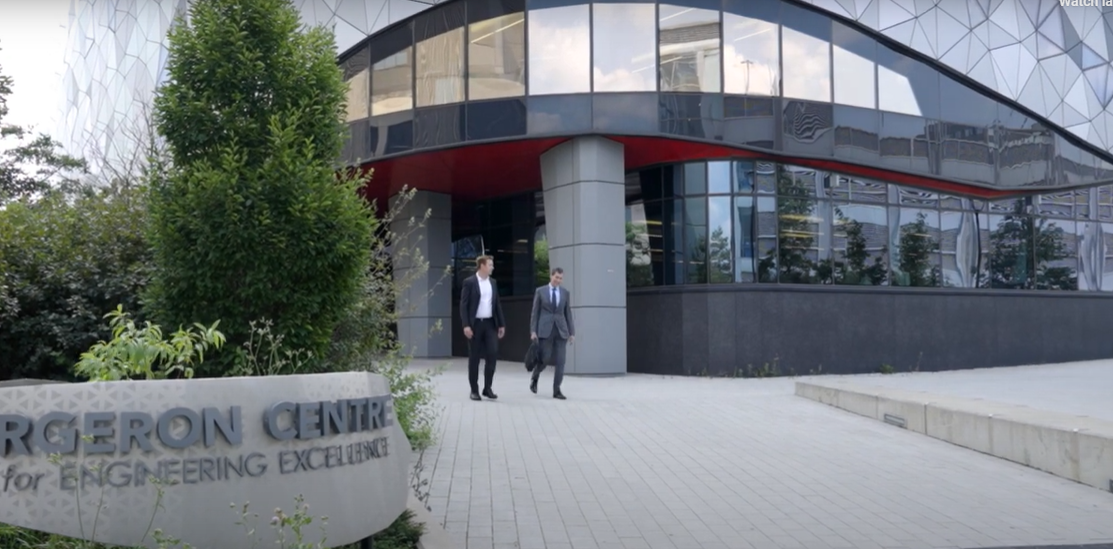Program Length
Flexible to accommodate employer timeframes (Typically 11 Weeks)
Next Program Dates
On-demand for organizations seeking group training
Program Format
Hybrid format
Group Course Tuition
Starting at $995 per employee (with graduated reductions based on increased participation)
Prerequisites
Interest in understanding the key role that financial intelligence plays in detecting financial crimes
Course Overview
This course focuses on how global financial crimes are identified, conducted and monitored, while also reviewing countermeasures and regulatory frameworks that are in place to combat financial crimes.
The rapid advancement of technology and digital transformation has contributed to the growth and complexity of financial crimes, yet there is a significant shortage of domain experts and specialists who understand and can prevent financial fraud.
Participants of this course will gain an in-depth understanding of financial crimes and their implications, as well as the tools needed to prevent these crimes.
What You Will Learn:
Emerging financial crimes, including cryptocurrency, Initial Coin Offerings (ICOs), pump and dump approaches, and general types of financial crimes, such as Ponzi schemes and pyramid schemes.
You will also get to know the obstacles to understanding financial crimes and the solutions used in fighting them and become familiar with emerging technologies to combat financial fraud.

Who Should Participate
- Professionals who are currently working in the financial intelligence community or interested in starting a career in the financial intelligence field.
- Those who have an interest in understanding the key role that financial intelligence plays in detecting financial crimes.
- Individuals who want to increase their level of depth and understanding of the importance of detecting financial crimes, the evolving regulatory environment impacting financial intelligence and the technologies used in financial intelligence to combat financial crimes.
- Professionals who are working or intend to pursue a career in banking, accounting, finance, financial technology, anti-money laundering, fraud management, corporate security, law enforcement, compliance and policy making.
What You Will Learn
- Understand the history of financial crimes.
- Identify the types of financial crimes, the patterns of offending and victimization perpetuated by financial crimes.
- Discuss the role of regulators and regulations impacting financial crimes.
- Understand the roles of law enforcement in financial crime policing.
- Identify key challenges experienced by financial institutions implementing a financial crimes risk management approach.
- Apply the financial crime investigation process to a case study or project.
- Discuss the use of technology to combat financial crimes.
- Identify emerging risks stemming from blockchain and virtual currencies impacting financial crimes.
- Assess the future of financial crimes including strategies for mitigation and prevention.
- Understand the development of public-private partnerships and the social good to combat financial crimes.
Part One – An Overview of Financial Crimes
Module 1: Introduction to Financial Crimes
Module 2: Types and Patterns of Offenses and Victimization
Module 3: Regulators and Regulations
Module 4: Policing and Law Enforcement
Module 5: Risk Management
Part Two – Financial Technology Solutions and Countermeasures
Module 6: Investigations
Module 7: Using Technology to Combat Financial Crimes
Module 8: Emerging Risks of Blockchain Technology
Module 9: Preventing and Mitigating Financial Crimes in the Future
Module 10: Public-Private Partnerships
Virtual online coaching sessions
– To be announced
Capstone Project Development
– Participants will be assembled into groups with the task of selecting at least two of the module topics and developing a proposed solution for an issue
– Participants will meet virtually on their own to collaborate and work together
Capstone Day
Participants will come together for a Capstone day which will include:
– Guest speakers
– Capstone presentations delivered by participants
– Attendance options: Virtual or in-person at our Keele Campus
Exam #2 (30% of final mark): Following the completion of Part Two modules 6 through 10.
Capstone Project (40% of final mark): Participants will deliver a Capstone project presentation project in assigned groups virtually over Zoom. Participants will collaborate virtually following the successful completion of the 10 modules and two examinations to propose a solution from a financial crime related issue including at least two of the learning modules.
Contact Us for Customized Group Training Solutions
Lassonde Professional Development Contact
For Professional Development inquiries